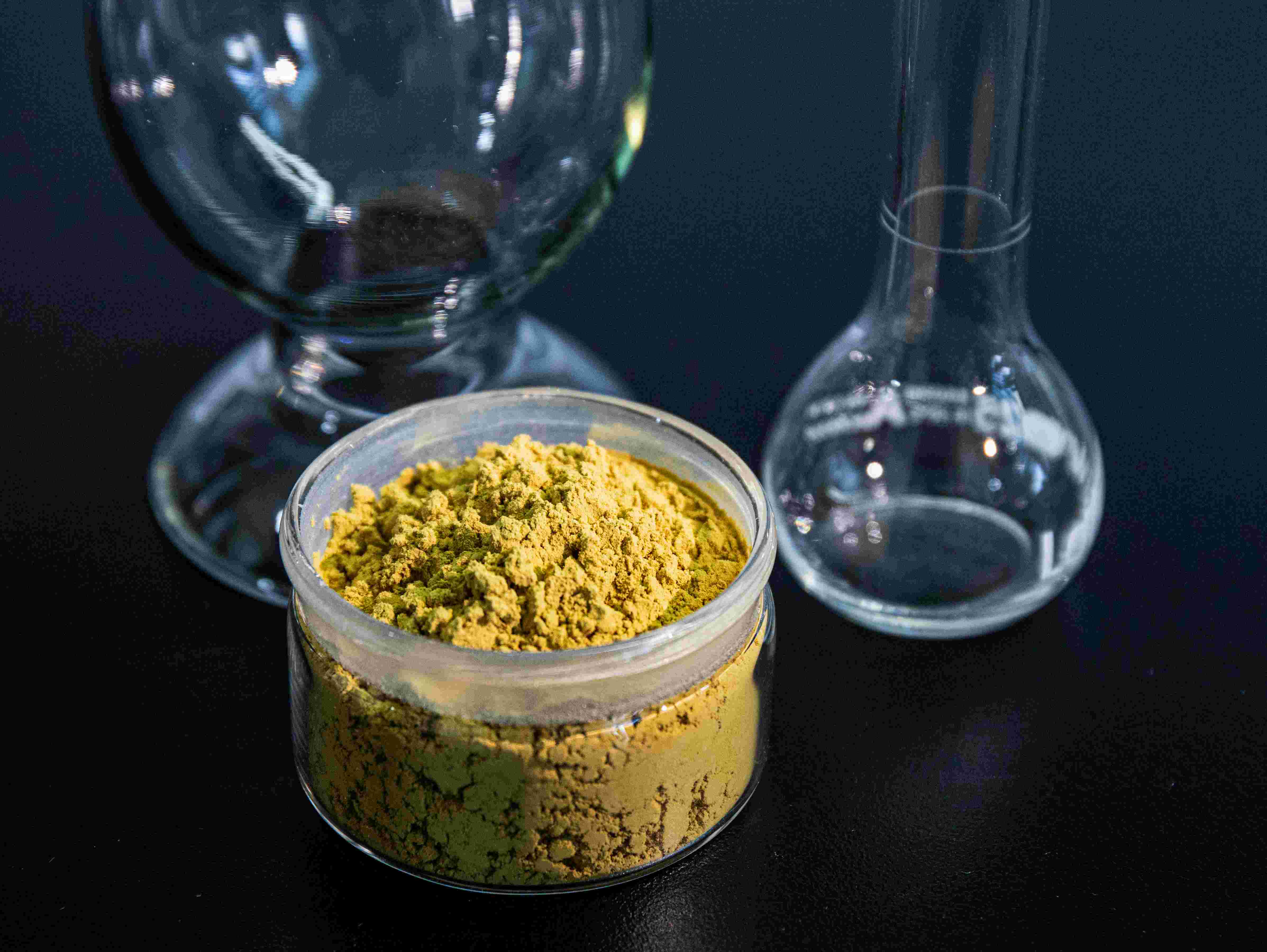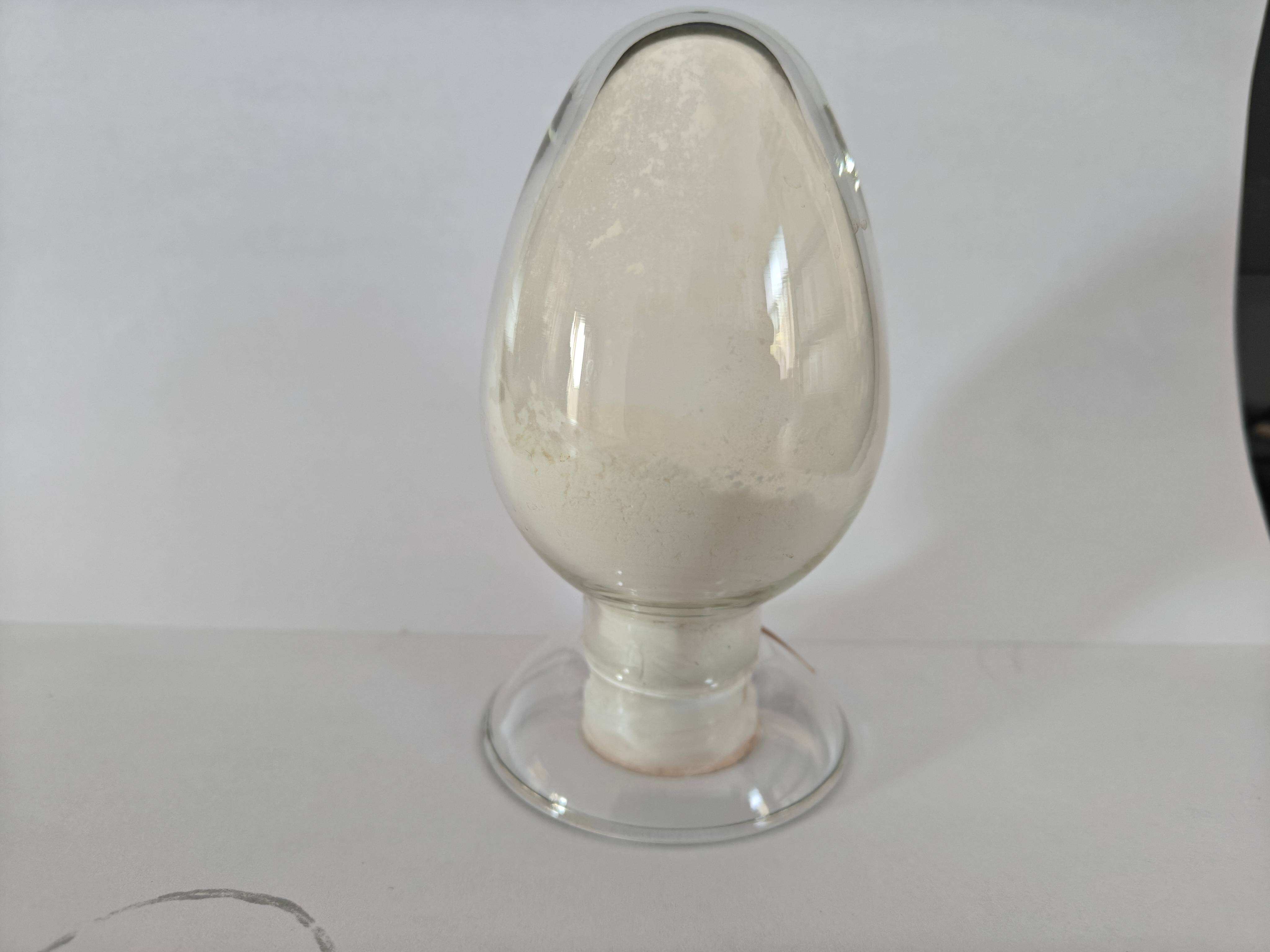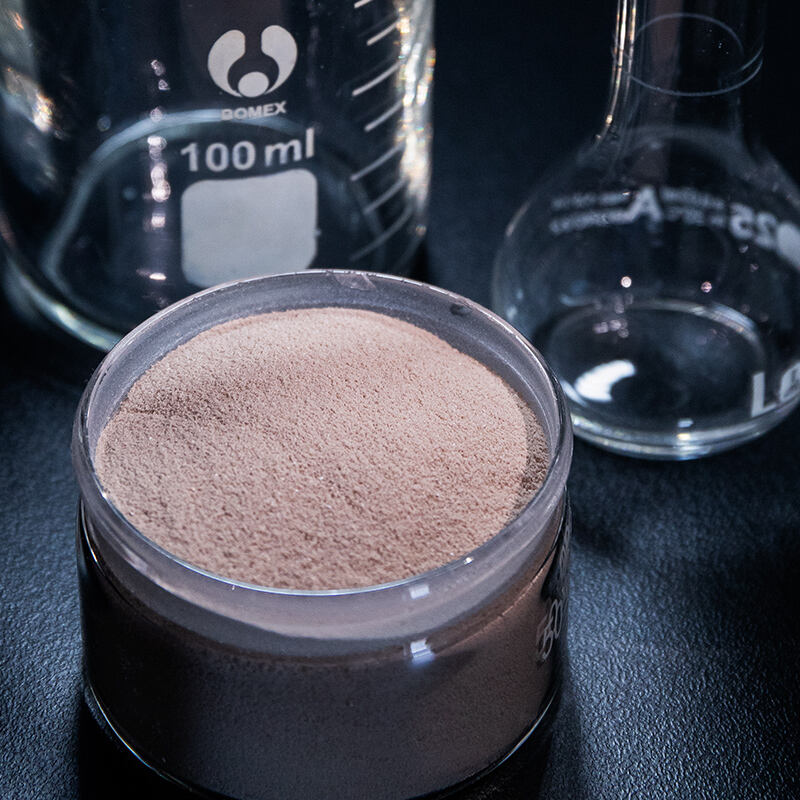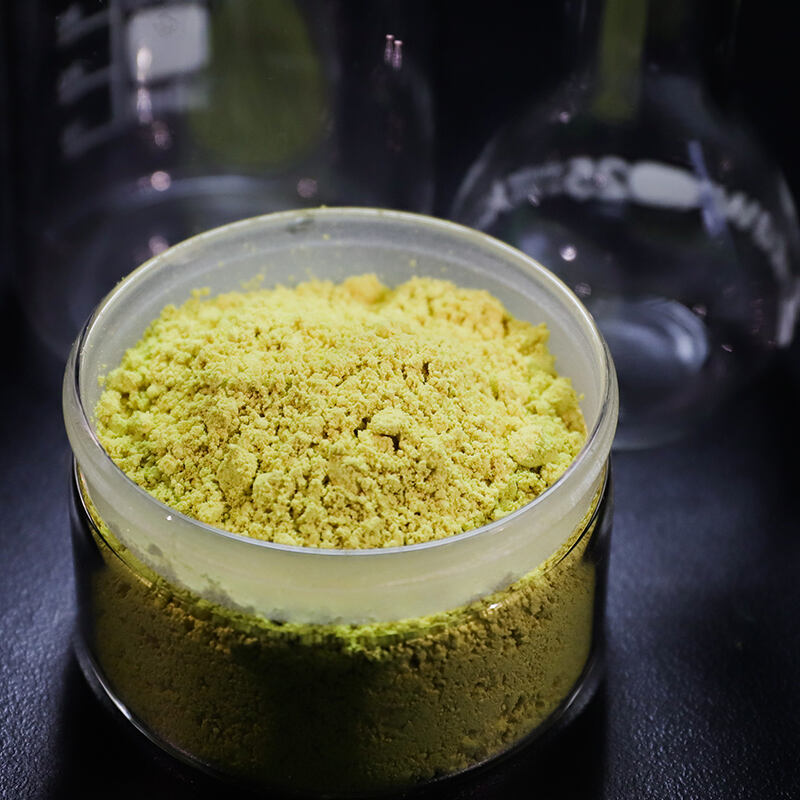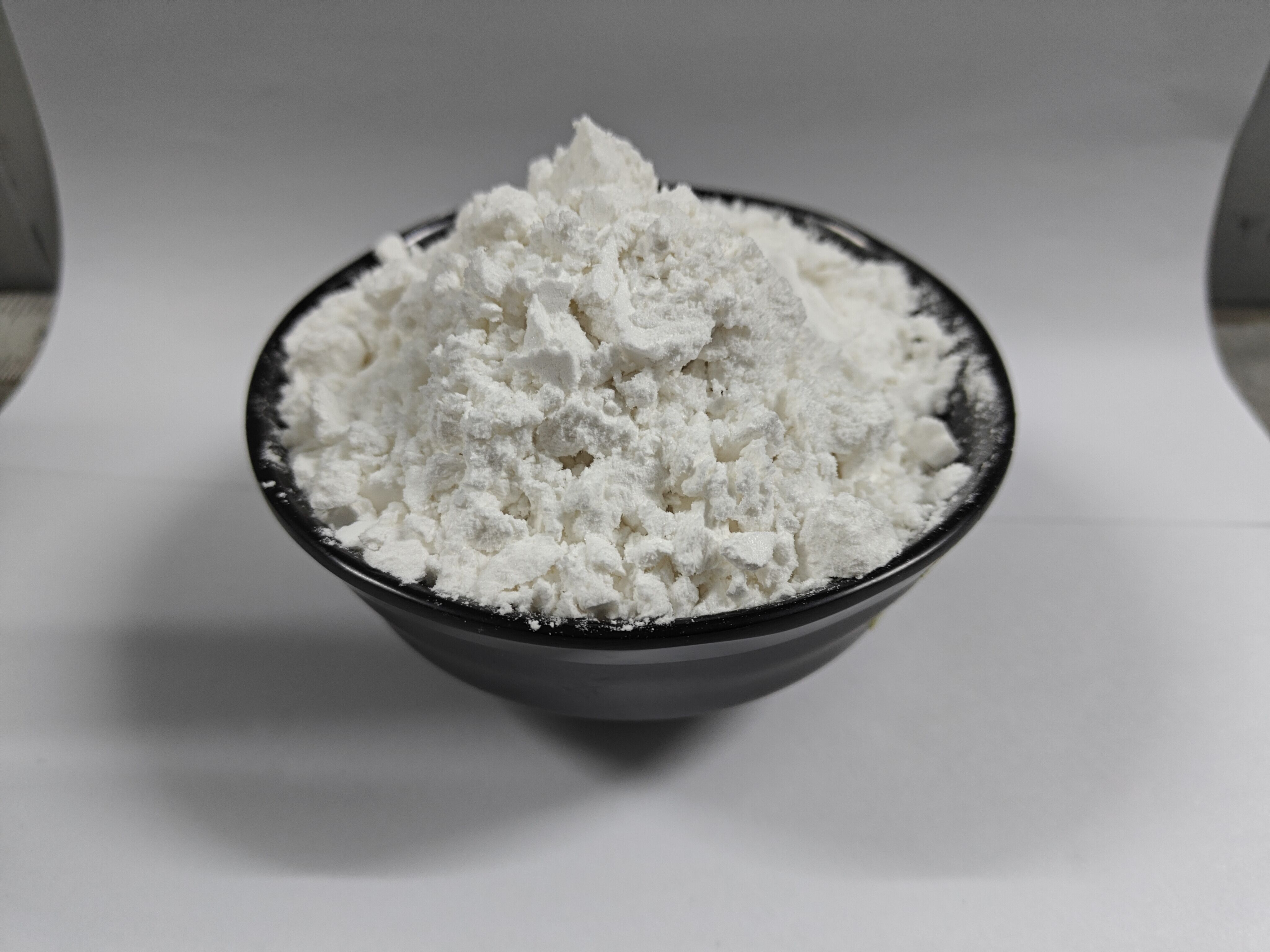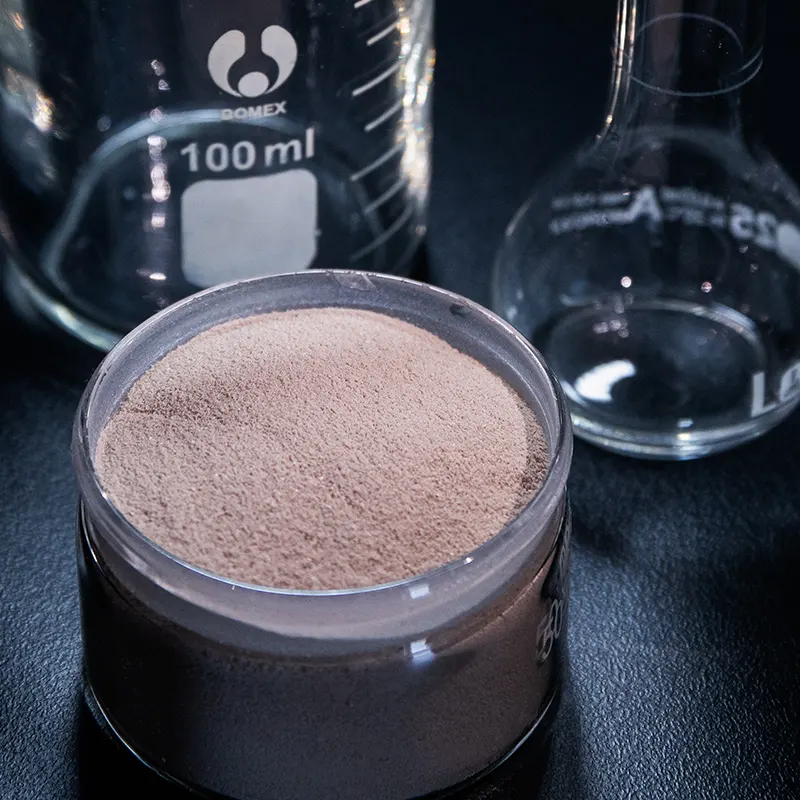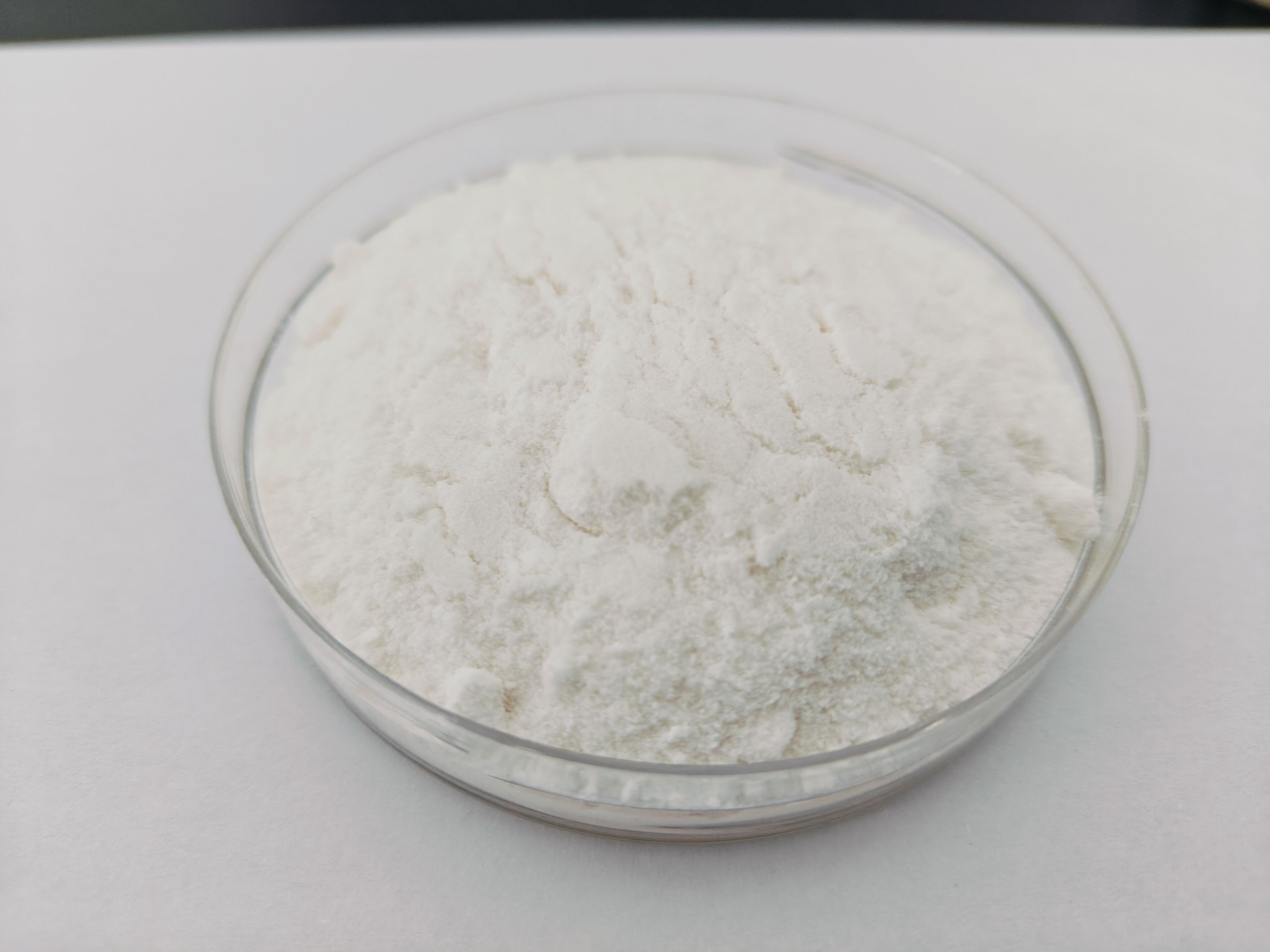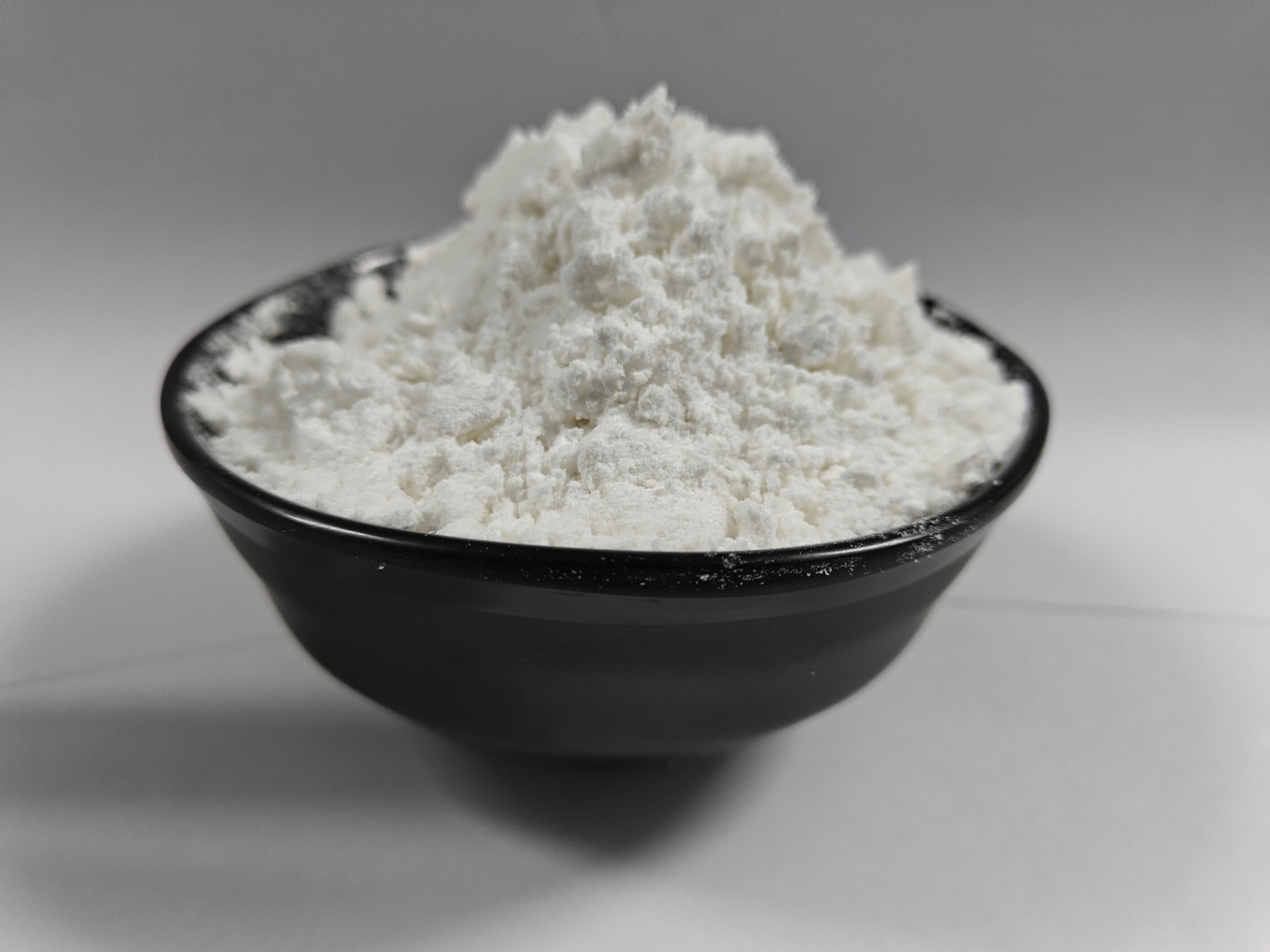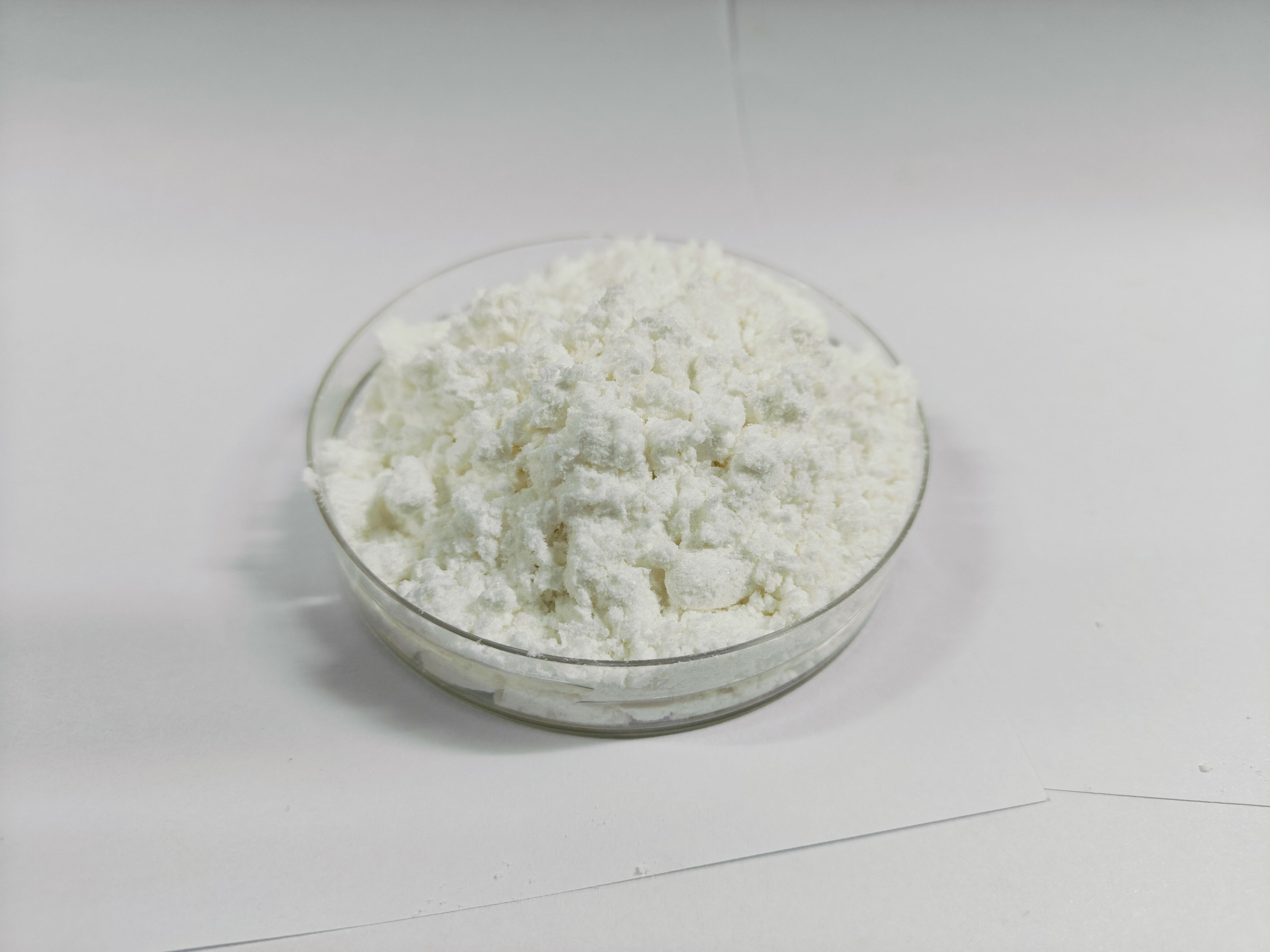синтез на карбонилдиимидали
Синтезата на карбонилдиимидазол (CDI) представлява важен напредък в модерната органична химия, служейки като универсален реагент за образуването на амиди, естери и други съставки, съдържащи карбонилна група. Този синтетичен метод използва N,N-карбонилдиимидазол като купуващ агент, което олеснява активирането на карбоксилни киселини за последващите нуклеофилни замествания. Процесът протича при умерени условия, обикновено при стаяна температура, и произвежда имидазол като безвреден побочен продукт. Механизмът на реакцията включва първоначалното образуване на активен промежушен ацил имидазол, който лесно реагира с нуклеофили като амини или алкохоли, за да формира желаните продукти. Едно от най-значителните предимства на CDI синтезата е чистият й профил на реакцията, който произвежда минимален брой побочни продукти и изисква прости процедури за очистване. Методът демонстрира изключителна съвместимост с различни функционални групи и може да бъде приложен както при фазов синтез, така и при твърдосфазен синтез. В индустриални приложения CDI синтезата е станала особено ценна в производството на фармацевтични препарати, пептидна синтеза и производство на специални химикали, предлагайки надежден и ефективен път към комплексни молекулярни структури.

